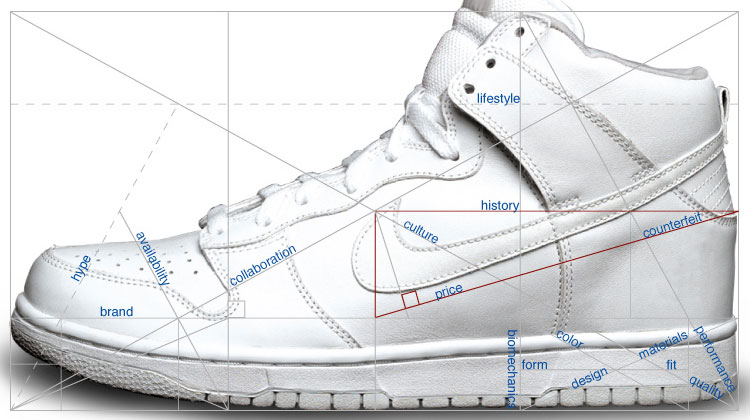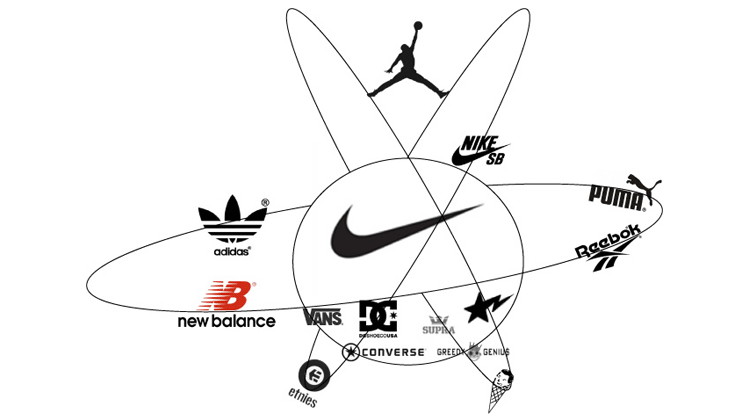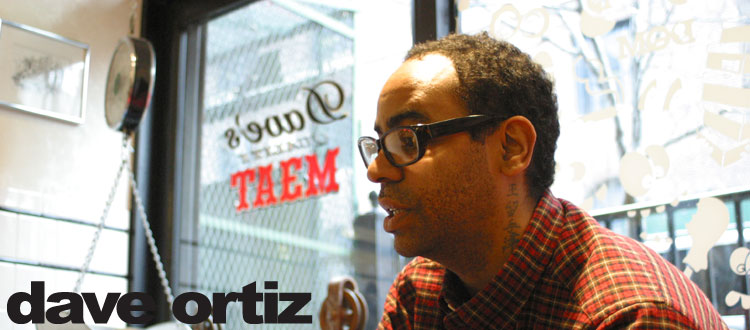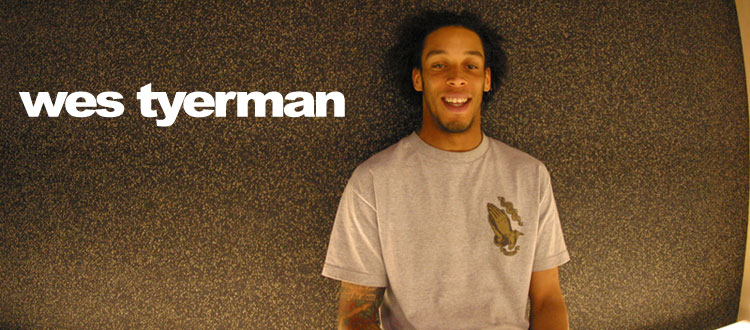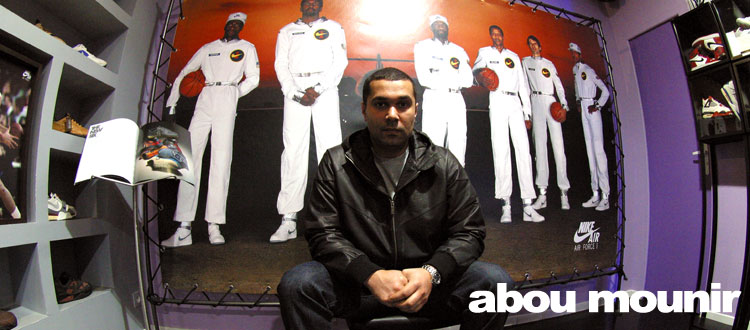This is the start and sample of more to come including interviews, photographs, and critical review.
We hope that heated, positive, constructive, and intelligent dialogue is stimulated at all levels of
the game.
Sign up to be notified of the next installment.
|
